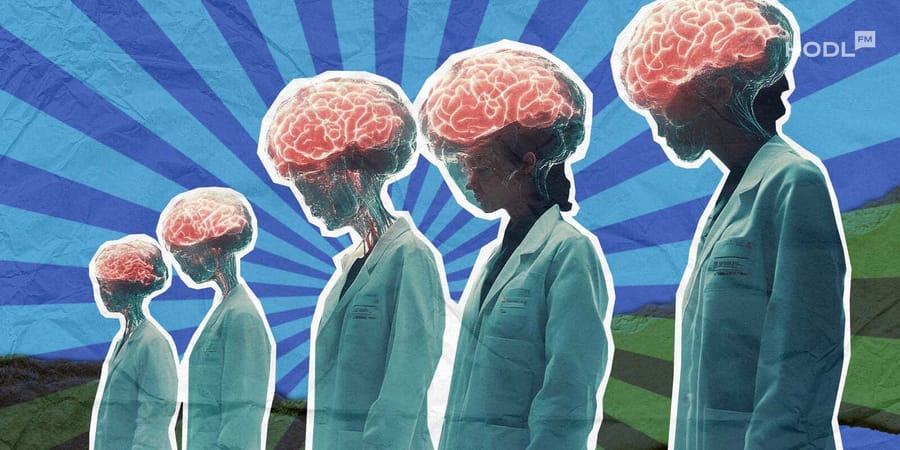Artificial Intelligence, or AI as it is more commonly known, has been the rave of recent years among giant tech companies and internet users. The technology is one of the most heavily invested and researched in today’s world, with virtually every major company integrating AI into its services or products. Despite already being flush with investment, AI research keeps getting more funding, and this time, it’s from the deep pockets of Google.
Google has now announced that it will be committing a $20 million fund to support AI research in science. The announcement was made by Google DeepMind co-founder and CEO Demis Hassabis during a chat at the AI for Science Forum in London on the 18th of November. The fund is described as a new initiative aimed at helping scientists and researchers develop the next breakthroughs in science using AI.
Today, @Googleorg announced $20 million in funding to drive scientific discovery around the world.
— Google DeepMind (@GoogleDeepMind) November 18, 2024
“We hope [this] fund will help encourage further collaboration between the private and public sectors, kick-start renewed excitement for the power of AI and science, and inspire… pic.twitter.com/ylQjHp006D
Apart from the $20 million fund, Google also stated that it will collaborate with internal AI teams and external experts to help in the beneficiary selection process and provide $2 million in Google Cloud Credits and technical expertise.
This new funding project is built on the success of projects such as AphaFold, which was able to advance protein structure prediction and medical research. According to Google, the funding will go to “fields such as rare and neglected disease research, experimental biology, materials science, and sustainability all show promise.”
Some saw the philanthropic gesture as a means for the tech giant to curry favor with young startups. Still, it is also worth knowing that Google has been heavily involved in how AI drives scientific breakthroughs across disciplines for a while. Alongside Microsoft, Google is the company that has spent the most electricity energy to power its data center for AI training and cloud, bringing the consumption to approximately 24 TWh in electricity throughout the entire 2023.
Senior VP James Manyika also mentioned that this initiative shows that AI is not a replacement for scientists but a powerful tool to assist scientists “because many confounding problems in science benefit from the use of computational techniques.”
In @FortuneMagazine, our CEO @DemisHassabis and @Google SVP Research, James Manyika, share why they believe AI has the potential to be a transformative tool for scientific discovery - helping us answer some of the most fundamental questions about the universe. ↓… pic.twitter.com/NeDAuqVCLX
— Google DeepMind (@GoogleDeepMind) November 18, 2024
The senior vice president also cited past achievements in AI and science, especially AlphaMissense's categorizing DNA variants, contributions to the human pangenome project, and advanced brain mapping.
He also mentioned advancements in climate modeling with NeuralGCM and GraphCast, progress in quantum computing, and climate adaptation efforts.
At the moment, Google has not yet selected the beneficiaries of the fund. The company also hasn't specified a target number of projects for funding, though they've indicated they want the investment to be "significant enough to fuel scientific breakthroughs."

Disclaimer: All materials on this site are for informational purposes only. None of the material should be interpreted as investment advice. Please note that despite the nature of much of the material created and hosted on this website, HODL FM is not a financial reference resource and the opinions of authors and other contributors are their own and should not be taken as financial advice. If you require advice of this sort, HODL FM strongly recommends contacting a qualified industry professional.





